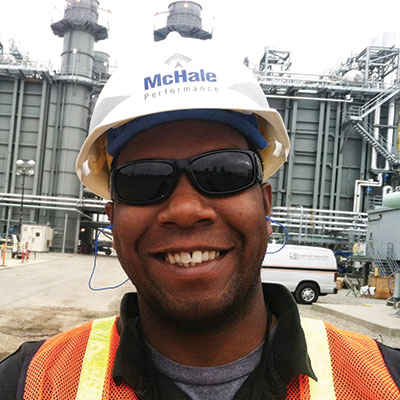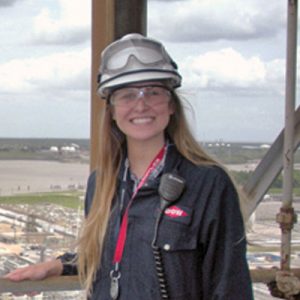Students with Experience Accelerate Their Futures

The three most important things employers tell our office they look for when recruiting engineers for full-time positions, in order, are:
- Good grades
- Professional engineering experience
- Ability to communicate well
In reality, students who choose to participate in co-ops and internships don’t wait until their senior year to begin looking for a full time job. They actually accelerate the job search process by beginning their search in the first year.
Professional practice assignments help you to identify skills, build networks, and foster relationships in the engineering community before graduation.
Surveys of our graduating engineering seniors show that, on average, 75 percent of co-op students receive a job offer from their co-op employer. Approximately 50 percent of these students take the offer. The rest, presumably, take better offers from other employers or proceed to graduate school.
Any Experience is Good, But Co-op Experience is Best
In light of the many pressures engineering students find themselves in to graduate quickly and find a job, and with a plethora of opportunities to conduct undergraduate research, study abroad, and more, We often forget that, historically, the best option available for students is cooperative education.
Cooperative education is a superior program to the internship program, but the internship program is superior to no work experience:
During a co-op, the depth of the student’s understanding of engineering principles and work experience grows over the course of the three semesters such that the third semester of work typically results in 50–75 percent of the meaningful work experience gained.
Improved Academic Performance

Our data shows that students who participate in co-ops and internships make, on average, higher grades than those who don’t. One likely reason for this is the cycle of learning that takes place during the rotational periods. Students normally go on their first co-op assignment during their sophomore year before they have learned much about engineering. While on assignment, they are exposed to real-world problems and challenges that they may not be exposed to or may never get the opportunity to learn in class.
Upon returning to school, they begin to see the engineering fundamentals behind the challenges they faced in the field, which leads to deeper learning. As they progress academically, they begin to learn concepts that they’ve already seen in the field which further re-enforces the learning process. This process of applied learning is very similar to what takes place on a smaller scale during a physics class and physics lab: classroom learning and experiential learning.